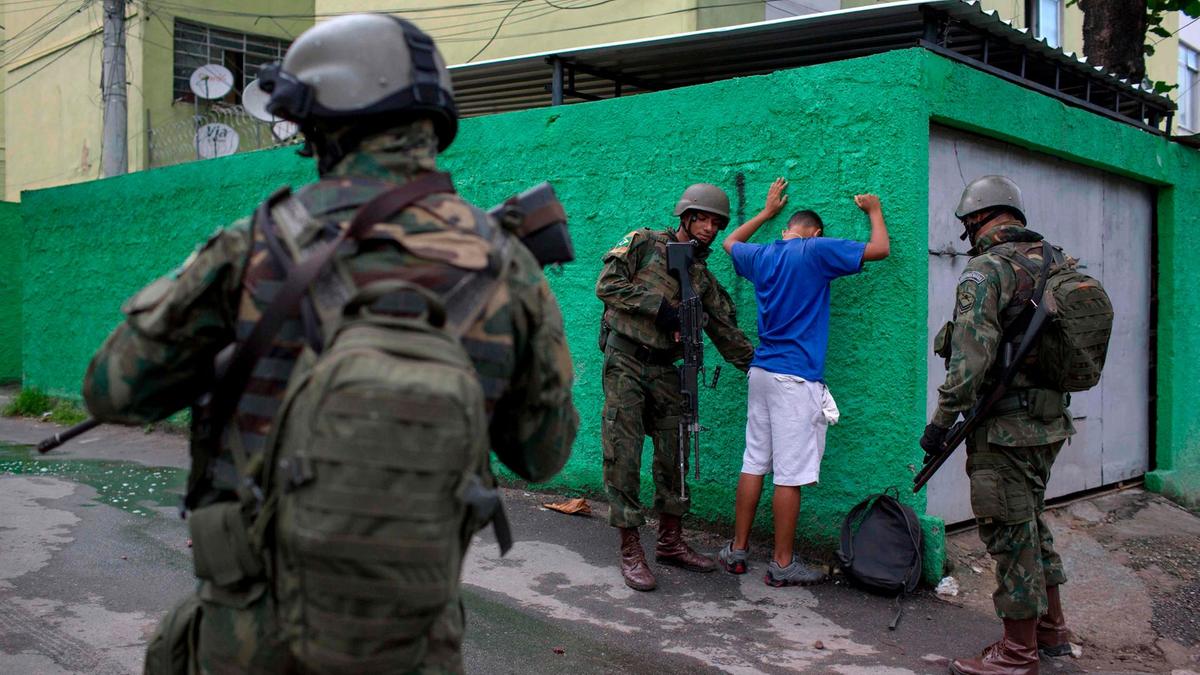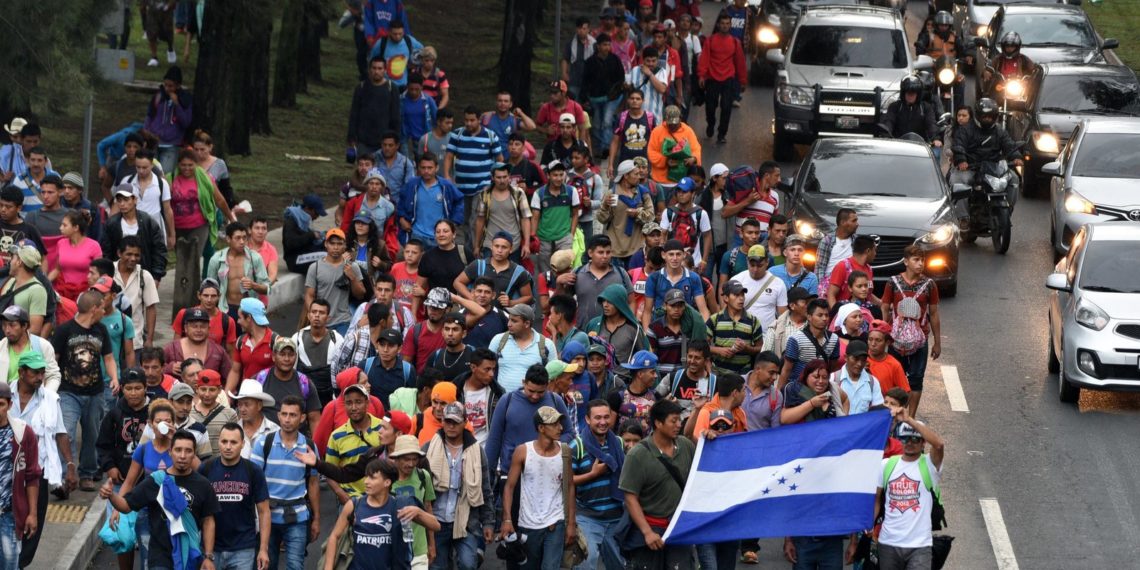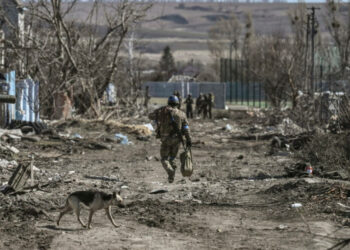In a bid to curb migration toward the United States, Mexico has launched a plan to create 20,000 jobs in Honduras by December, with efforts focusing on the coffee industry. Unfortunately, it is unlikely that this plan will help stem the flow of migration to the U.S., simply because many of the Honduran migrants are fleeing the savagery and violence of the gangs and drug cartels, not a lack of jobs.
The Central American country has the sad fate of being both one of the poorest and one of the most violent countries in the world. Violence is mostly a problem in the cities, where gangs extort people, especially the poor who have no power.
Desperate mothers do not send their children alone on the dangerous journey north because they don’t have jobs. Young men fleeing gang violence would still be a target in Honduras if they had jobs.
Gangs in Honduras
Honduras’ gangs enjoy widespread impunity because the police are hopelessly outnumbered. In the city of San Pedro Sula, for example, powerful gangs like MS-13 hold sway, but there are just 50 police officers for the city’s 720,000 residents in 189 neighborhoods.
https://www.youtube.com/watch?v=9QY4lg2m4Jk
When police are understaffed, it is common throughout the world for officers to have a reputation for corruption and abuse, or even work for the gangs. In the poorer areas of Honduras’ cities, the citizens have nowhere to turn for safety.
What is needed is a stop to the gangs and related violence, not job creation.
Violence-Driven Migration
So, what can be done to help the people of Honduras suffering under gangs – and potentially stop violence-driven migration?
In Cape Town, South Africa, impoverished areas of the city also struggle with gang warfare, extortion, and gun violence. As of July, more than 1,600 people had died already this year from this violence in an area called the Cape Flats, near Cape Town’s airport.
Last month, the South African government took a hard line and announced a three-month deployment of the army to the Cape Flats to support the police with roadblocks, helicopter support, and patrols. In general, the people of Cape Town have applauded this move, but we have yet to see if it succeeds in controlling the gangs.
Could military intervention work in Honduras?
It’s been tried elsewhere in Latin America. In 2018, Brazil’s previous president authorized the military to take over security in Rio de Janeiro’s slums that are under the control of criminal organizations and where drug-related violence is acute.

Human rights groups opposed the intervention and there was social media outcry but it is unknown if the slums’ citizens welcomed the military’s presence given the risks of stray bullets.
It’s difficult to know what else could be done to combat the violence. Community-based efforts to intervene in gang violence, while laudable, can never match the power and scale of the criminal gang’s reach, nor their savagery. Calls to legalize drugs like marijuana hardly seem likely to address the power of the drug cartels whose gigantic profits come from the export of hard drugs to North America.
Job Creation Program
Poverty affects 72 percent of the population in Honduras, especially in rural areas. The job creation program targets 200,000 people, but Honduras’ population is 9.7 million, of whom over 6 million are adults, and half are in rural areas. In these regions, poverty, the growing population, and high underemployment are certainly drivers of migration as young Hondurans seek job opportunities elsewhere.
For a job creation program to counter migration, it must create sustainable jobs that improve the welfare of ordinary people. Such a program must begin with decent jobs that provide a living wage, social protection, and workers’ rights. A job creation scheme like this should also promote sustainable development in Honduras, based on economic growth, social cohesion, and environmental sustainability.
Guatemala, Honduras and El Salvador were not able to do the job of stopping people from leaving their country and coming illegally to the U.S. We will now begin cutting off, or substantially reducing, the massive foreign aid routinely given to them.
— Donald J. Trump (@realDonaldTrump) October 22, 2018
Mexico’s announcement is not the only such program in recent years. Both private companies and the U.N. have promoted job creation in Honduras. The devil is not in the details; it’s about scale. How many people can benefit from such programs, and can the jobs pay enough to counter the draw of the north? It’s not certain that these schemes can really have an effect on migration, but a job creation program is a good thing, and those who live in safer areas and benefit from it will probably be deterred from making the journey north.
However, a job creation program is unlikely to have any effect on the power of the gangs, and given the corruption in Honduras, it is likely that those who benefit from the program will not only be poor people who need jobs.
Still, for now, a job creation program is all we have to stem the flow. Let’s be clear about the people who are not fleeing for economic reasons, however, and are fleeing the gangs. For them, jobs are not the solution. Safety is.
Disclaimer: The views and opinions expressed here are those of the author and do not necessarily reflect the editorial position of The Globe Post.






















